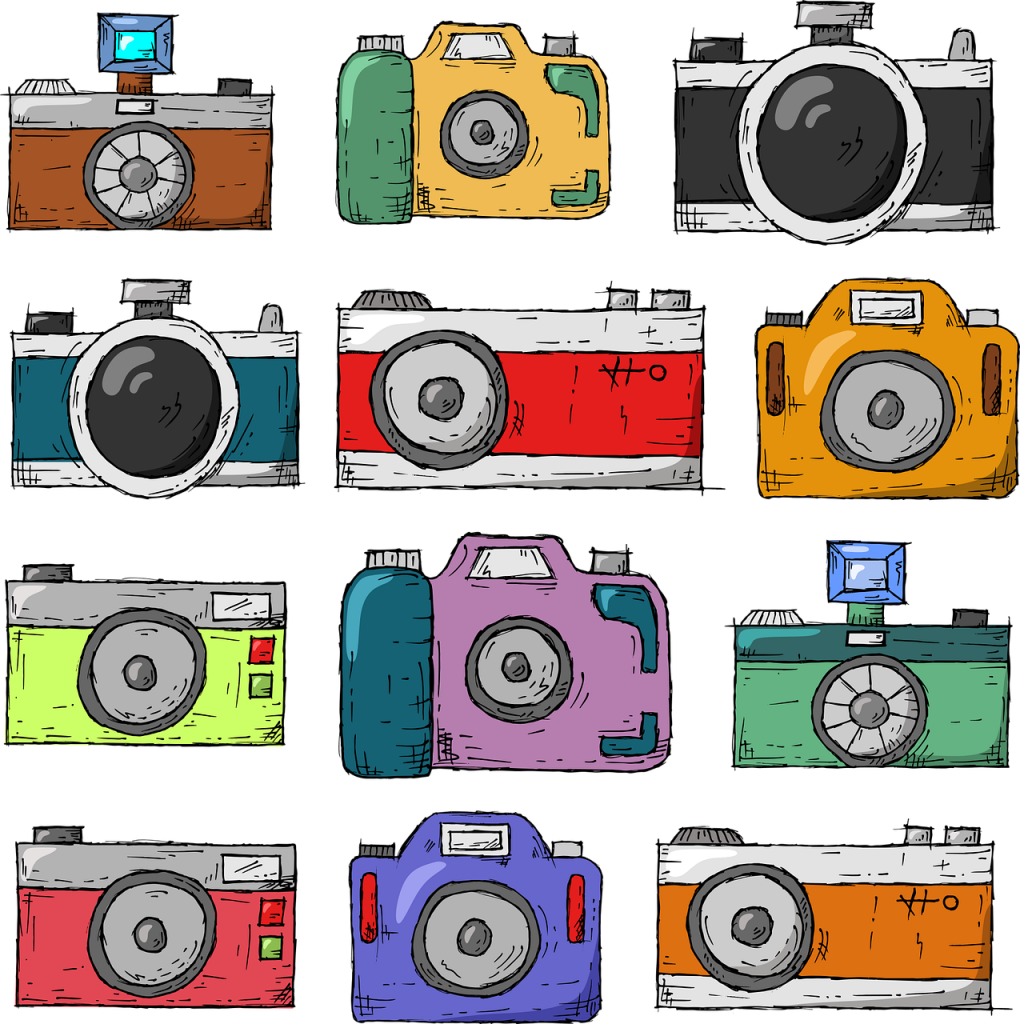
If you have read my previous two blog posts on Representations of Global Poverty and The Single Story, you might be aware of the traps of posting about you experience in a development context and narrate distant suffering on social media.
Is there another way?
Representing others who do not have the opportunity to represent themselves for your audience brings a few risks, as you know by now. Putting yourself at the center of the context you are in (especially if other people in this context are living lives very different from your own) can increase the idea that the people you are representing are vastly different from you; that they are opposite to you: “other”. And it might mean that you are perpetuating The Single Story. If self-presentation is at the core of what you are sharing online, the way you represent service recipients can become condescending. A study of UK-based international volunteers in Kenya tells a story about a group of volunteers that made and effort to avoid “stereotypical” volunteer pictures. And as it turns out, it is tricky.
Online and offline data highlight the considerable representational uncertainty international volunteers faced in deciding how to document the African “other” and the humanitarian self over social media, if at all. Participants seemed to have a clear idea of what content would not be socially sanctioned by their personal network, notably, imagery which might cast them as the type of “naïve do-gooders” who are swept up in salvationist and paternalistic helping.
-Schwarz & Richey
Young people are becoming more aware of these traps, there is a lot of information about it and a lot of ironic and serious content, calling out people for poverty porn, white saviour complex and the likes. And of course people do not want to be publically shamed or called out, or seem naive or uneducated. So they are more careful. But what does that tell us more exactly? If you are contemplating what or how to post because what you are most concerned about how people see and think of you, we are back on square one. On the other hand, becoming aware of a problem and adjusting is great, right?
Before posting anything at all, ask yourself why. Is it because you like what it does to your image, how it may affect how other people see you? Then maybe don’t post at all. If you are posting to raise money for a cause- be cautious.
Consider what effect the representations of others, of poverty, of suffering, and of distant places can have. It might not be worth it, and that is something that is most probably not up to you to decide.
Read more:
Schwarz, K. & Richey, L.-A. 2019: Humanitarian humor, digilantism, and the dilemmas of representing volunteer tourism on social media (Links to an external site.), New Media & Society, 21:9, 1928-1946.





